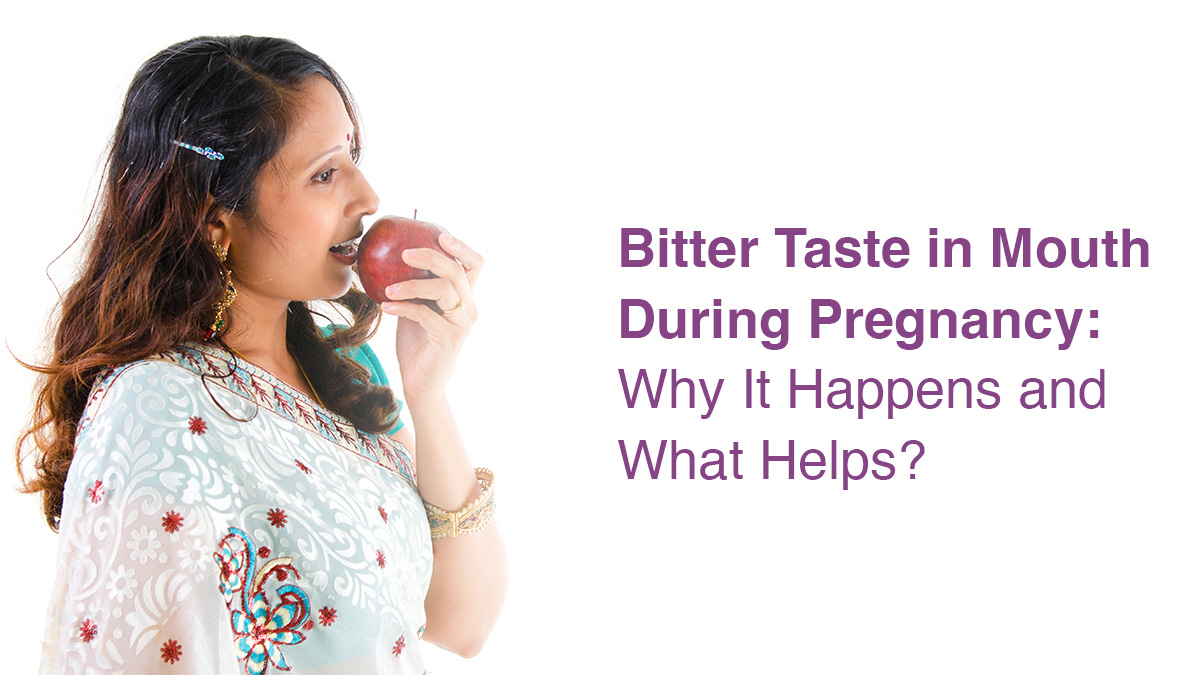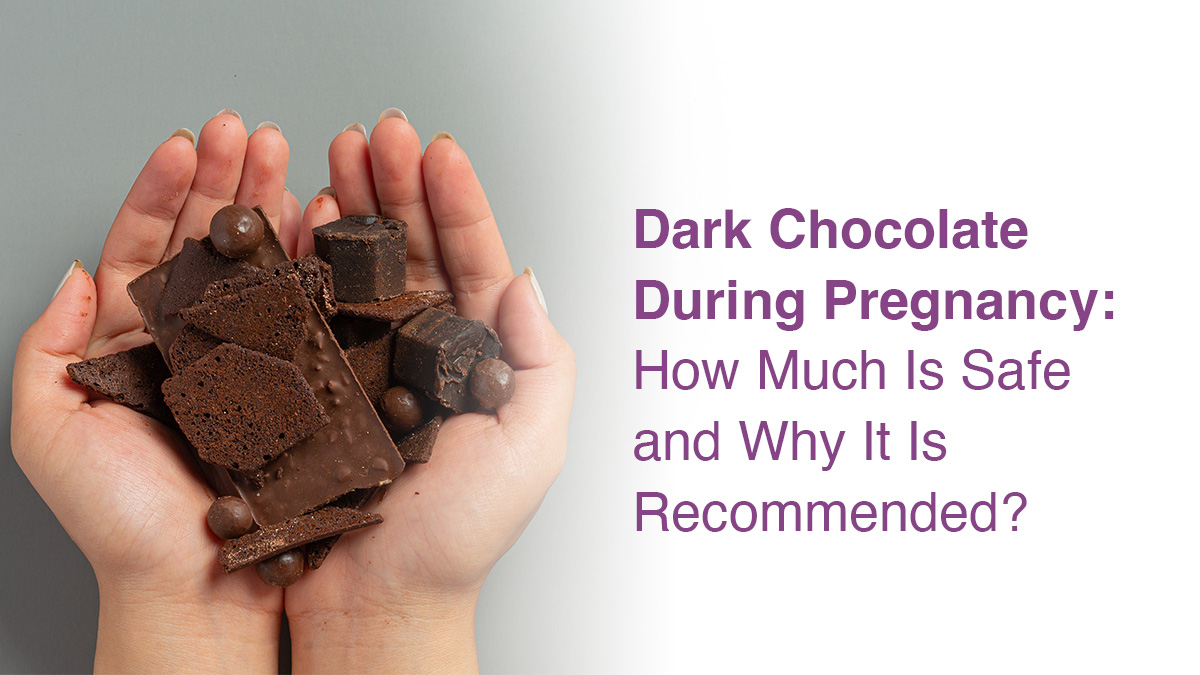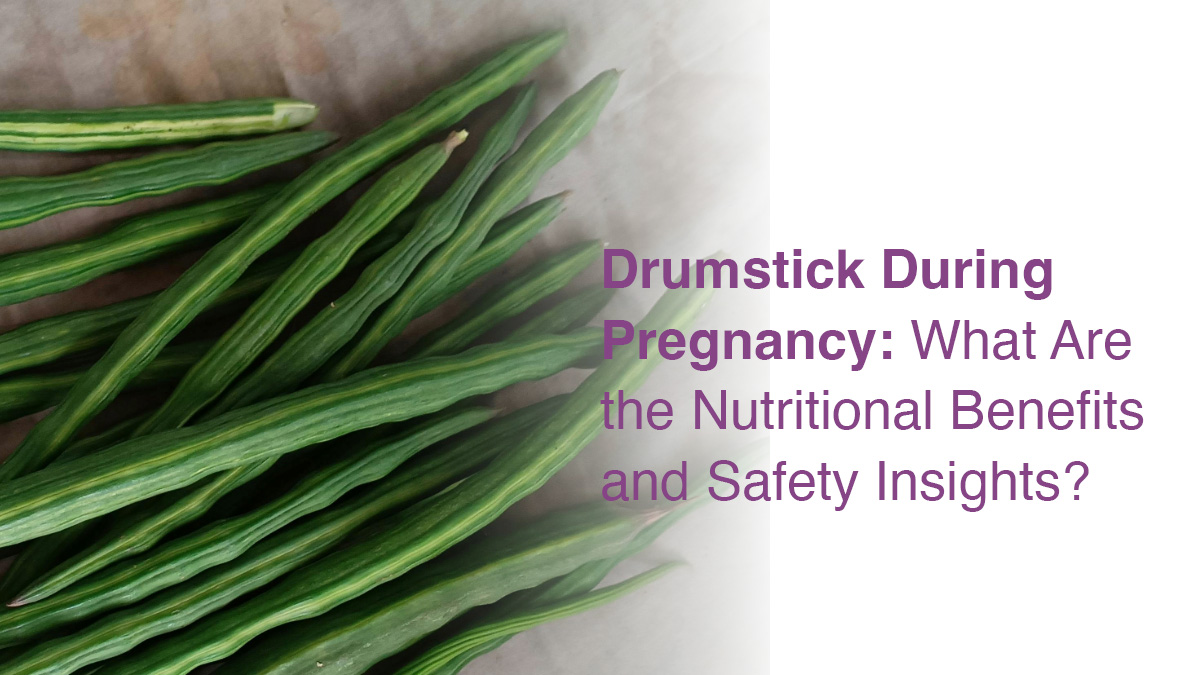
Fertility Diet to improve fertility in women
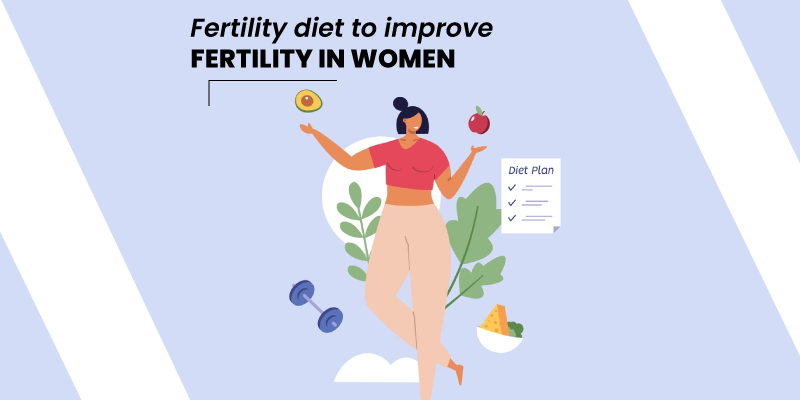
Author: S. Flora Amritha, Dietician
Infertility in women can be a challenging experience. Although there are a lot of advancements in fertility treatments, a little help from holistic ways could help ease the hectic process of assisted reproductive technology treatment. One such approach is using diet to improve fertility in women. A new trend that has been making rounds recently is the concept of a “fertility diet”. Before exploring that, let’s delve into the link between diet and fertility and what role diet plays in improving fertility.
The connection between diet and fertility:
Multiple studies have assessed the associated links between diet and fertility.
Incorporating changes in the diet to improve fertility in women has been around for many years. Although diet and fertility go hand in hand, its positive effects won’t “treat” infertility instantly and won’t yield results overnight.
A balanced meal plan packed with the following vitamins and nutrients is said to have a positive impact on fertility among women trying to get pregnant.
- Folic acid
- Vitamin B12
- Omega-3 fatty acids
For best results include your partner too in this plan and witness a healthy lifestyle manifest itself.
What is a fertility diet?
A fertility diet is not a sophisticated meal plan. It is a diet to improve fertility in women that is packed and balanced with essential vitamins, minerals, carbs, and healthy fats. It improves the chances of conception and a healthy pregnancy.
Here’s how you can improve your fertility diet plan.
- Include more healthy fats (such as ghee, avocados, etc.), Avoid processed fats (e.g. cheese).
- Fill a major part of your plate with veggies, fruits, and plant-origin protein (chickpeas, peanuts, etc.). Limit consumption of red meats.
- Carbs are not all that bad. Consume foods rich in high-fiber and low-glycemic index (whole grains). Processed or simple carbs are something you should steer clear of.
- Include vegetarian sources of iron such as beans, lentils, tofu, dark leafy greens, whole grains, seeds, nuts and low fat dairy (skim or toned milk and yogurt).
- Make sure to include folic acid supplements in your routine.
Does “fertility diet” work?
The fertility-boosting foods are essential for the healthy functioning of the reproductive system, to manage weight issues and any nutritional deficiencies that may negatively affect fertility and pregnancy.
A fertility diet also helps in maintaining optimal nutritional levels necessary for prenatal nutrition.
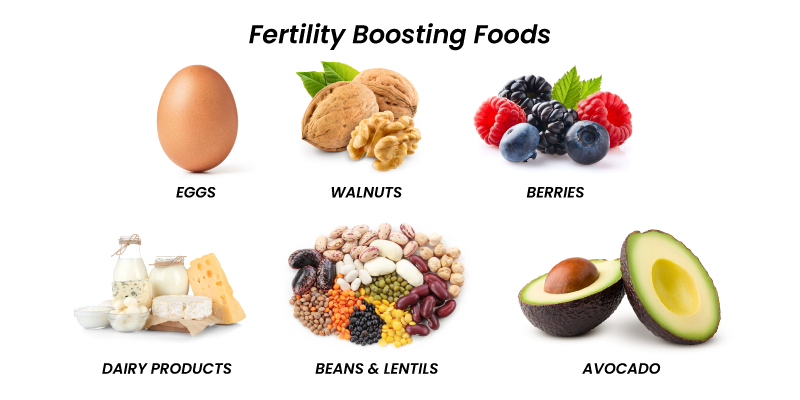
What foods boost female fertility?
Fertility-boosting foods that range from a variety of fruits and vegetables to whole grains are listed down.
Eggs
Eggs are a great fertility-boosting food. They are loaded with protein, Vitamins B12 (Folic Acid), E, Zinc, and Choline. Choline lowers the risk of birth defects and ensures proper fetal development.
Walnuts
Walnuts are rich in omega-3 fatty acids which help in improving ovulation.
Berries
Berries are packed with antioxidants and anti-inflammatory properties that help in reducing inflammation. They are also rich in folate and vitamin C.
Avocados
Avocados are superfoods rich in vitamin K, dietary fiber, folic acid, and healthy fats called monounsaturated fats, which are essential in the early stages of pregnancy. They are also rich in potassium, which helps in better absorption of vitamins and maintaining blood pressure.
Dairy products
Dairy products are abundant with proteins, calcium and vitamins A, E, and D and are associated with a lower risk of ovulatory infertility.
Beans and lentils
Beans and lentils are rich in folate and a nutrient called spermidine. Spermidine is associated with improving follicle development and egg maturation. Folate increases the chances of implantation and positive pregnancy with assisted reproduction.
Takeaway:
The concept of a “fertility diet” at first may come across as a novel dietary approach, but is a very basic meal plan when planned along with a nutritionist. A fertility diet is a guide to making healthy eating choices and changes in your fertility journey. Along with fertility-boosting foods there are foods you might need to steer clear of. Consult with our expert fertility specialist/dietician today if you have any queries related to your fertility journey.


fill up the form to get a
Free Consultation
Avail 0% interest on EMI
All Procedures | No Upper Limit
How we reviewed this article:
- Current Version
- January 8, 2024 by Oasis Fertility
- January 5, 2024 by Oasis Fertility
- January 2, 2024 by Oasis Fertility
- December 29, 2023 by Oasis Fertility
- December 28, 2023 by Oasis Fertility
